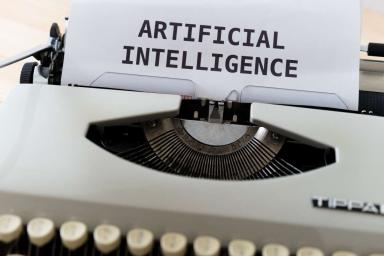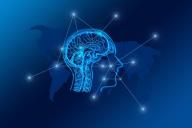artificial intelligence
A new discovery: New chance to hear – how science can help people with hearing loss
Researchers at MIT have discovered that computer models mimicking the human auditory system, particularly those that are based on machine learning, are making strides in designing enhanced hearing aids, cochlear implants, and even brain-machine interfaces. This discovery can completely change the life of people with hearing problems.
Kate Yakimchuk research science health Psychology 19 January 2024A new study: How AI memory works – it's quite similar to human brains
Scientists have found a surprising resemblance between how artificial intelligence (AI) models and the human brain's hippocampus process memory. This discovery provides fresh insights into how AI systems store memories.
Kate Yakimchuk research memory human brain science Psychology 26 December 2023How AI Can Predict Your Future: A New Study
A recent experiment has shown that AI can be used to predict some events in people's lives. Modern AI can organize the data and make predictions about someone's life, including even estimating the time of death.
Kate Yakimchuk research people Psychology 22 December 2023Psychologist's Opinion: What is Important to Know about Artificial Intelligence
Artificial intelligence is the ability of algorithms or intelligent systems to learn, using the acquired experience for this, in order to achieve certain specified goals. In other words, the carriers of artificial intelligence demonstrate the qualities characteristic of beings endowed with reason.
Diana Dashkevich facts studies Psychology 4 August 2023Introducing the Memory Translator: A Remarkable Machine Revealing Your Inner Thoughts
Cutting-edge research conducted by scientists at The University of Texas at Austin has resulted in the development of an extraordinary AI system known as a semantic decoder. This groundbreaking system can translate someone's brain activity while listening to or imagining a story into a continuous stream.
Kate Yakimchuk research brain memory Psychology 17 July 2023People who work with AI tend to be lonelier: The new research associates AI with loneliness and insomnia
If you use AI as your main tool at work, then you have lower chances of sleeping well and communicating to people. The newest research shows how artificial intelligence affects our brain, and why it happens.
Kate Yakimchuk depression research brain Psychology 24 June 2023




